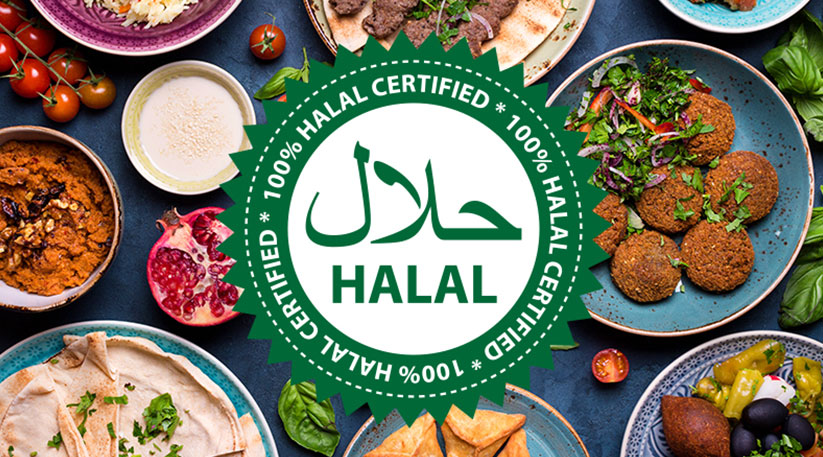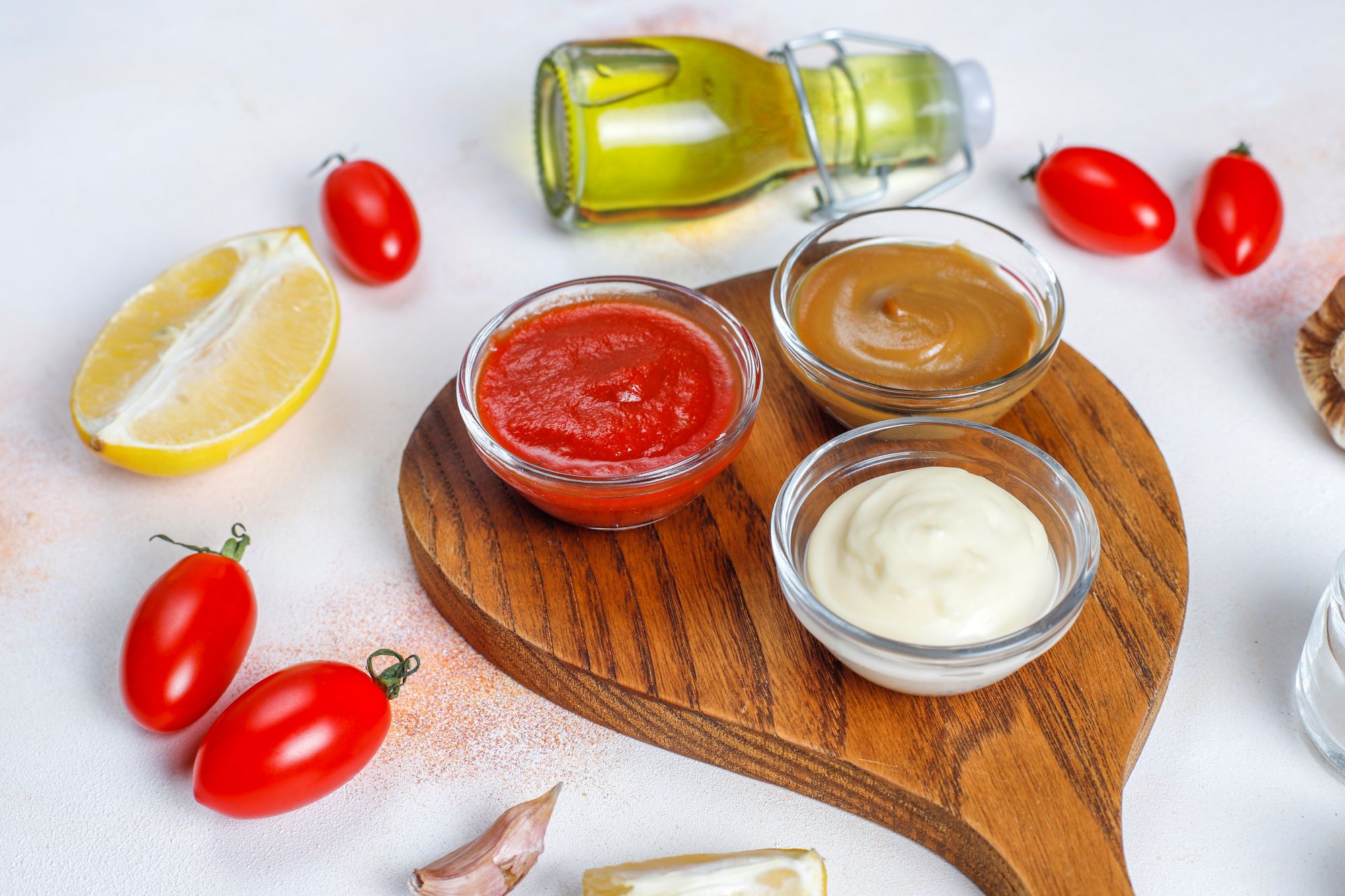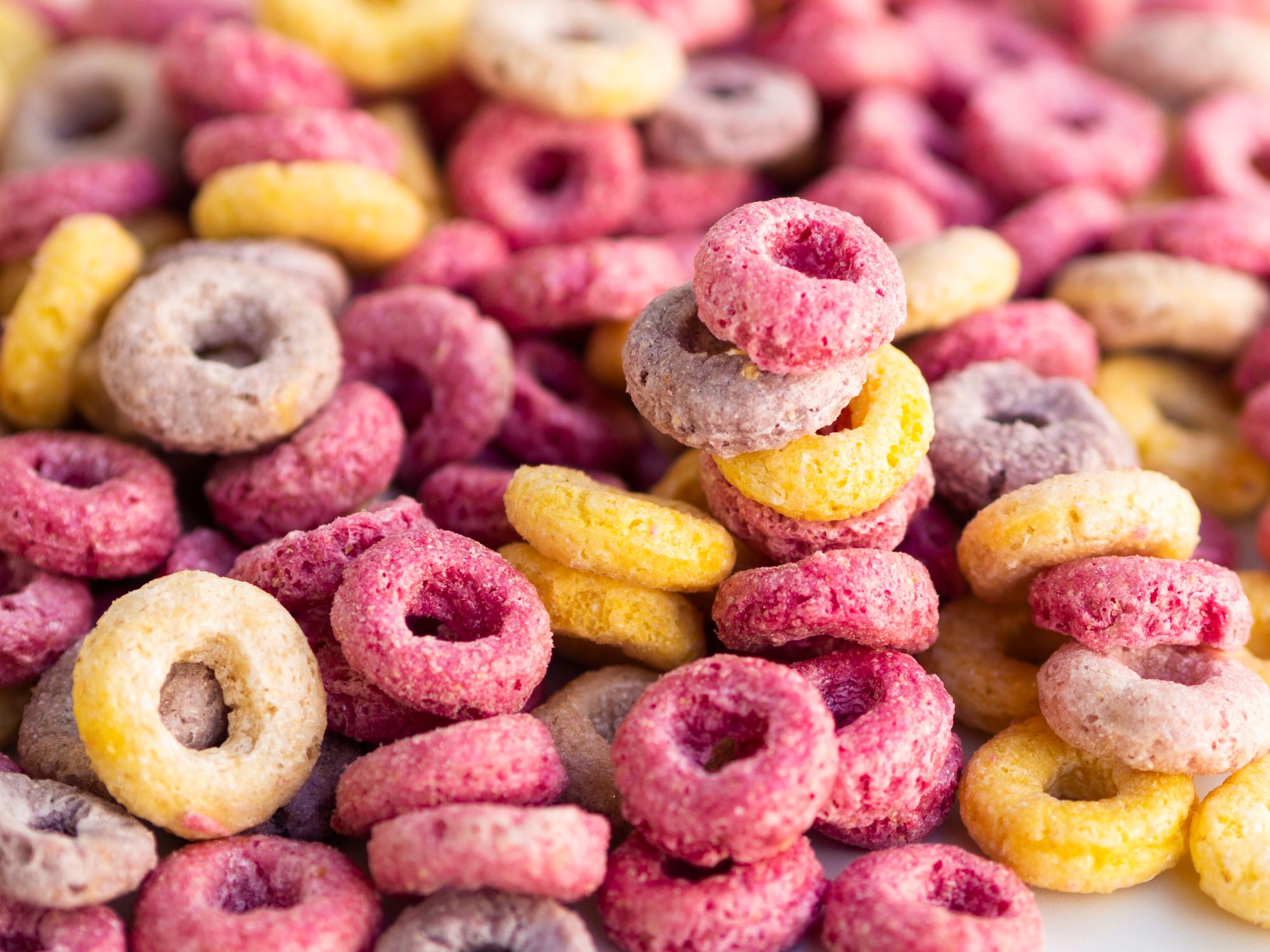Malaysia is expecting an increase of 10% in halal exports and a significant increase in demand for halal certifications by foreign countries this year.
A total of USD 10.9 billion (RM 45 billion) worth of halal-certified products were exported out of the country last year. Islam is the country’s official religion.
Malaysia Halal Hub Division Director, Datuk Dr Sirajuddin Suhaimee, attributed both of these factors to a steady rise in demand for halal-certified products in both Muslim and non-Muslim countries.
The Halal Hub Division falls under the purview of the Malaysian Islamic Development Department (JAKIM).
“There is ongoing demand for our halal certification from North European countries,” said Datuk Sirajuddin.
He added that as of August 2018, 42 countries worldwide have recognised JAKIM’s halal certification. Asian countries topping the list of demands for JAKIM halal certification are China, Taiwan, Japan and Hong Kong.
Currently, halal certification application requests by foreign companies take roughly three months to be approved. For local companies, this takes around 30 days.
In the Thomson Reuters State of the Global Islamic Economy (GIE) Report 2016/2017, Malaysia ranked first on the GIE Indicator Score with 121 points, far surpassing its closest rivals United Arab Emirates (UAE) at 86 points and Bahrain at 66 points.
The GIE Indicator Score is a system designed to measure the current health and development of the global ecosystem surrounding Islamic Economy.
Where Malaysia stands in the global halal market
Data from Thomson Reuters also shows that global halal trading is estimated to hit USD 3 trillion (RM12.4 trillion) by the year 2021. Of this, halal food is expected to take the lion’s share at USD 1.9 trillion (RM 7.84 trillion).
Malaysia is recognised as a major global halal hub, exporting roughly US$ 8.58 billion (RM35.4 billion) worth of halal products yearly. Its national flight carrier, Malaysia Airlines, was the first in the world to provide in-flight halal meals on board.
Malaysia is also home to the world’s first Global Halal Data Pool (GHDP), managed by Serunai Commerce. It aims to serve as an information hub and connection platform for halal suppliers, manufacturers, consumers and retailers.
According to the GHDP website, it has links to over 40,000 of the world’s largest organisations, and to 1.4 million global traders.
The halal industry has grown so rapidly in the nation that it boosted the formation of an agency dedicated to its development, the Halal Industry Development Corporation (HDC).
Located under the umbrella of the Ministry of International Trade and Industry (MITI), the agency is tasked with the development of Malaysia’s halal industry and the sourcing of foreign direct investments.
The end goal is to develop Malaysia as the Global Halal Hub.
Numerous industry leaders have expressed optimism in achieving this goal.
“Malaysia, as an Islamic country, are under-utilising our potential. We are only exporting 0.5% of the market, that is RM12 billion. 5% is a ten-fold increase which translates to RM120 billion, so that means halal can be a lucrative business. […] But for the halal business it is forever growing. Food is always a necessity as the population gets bigger,” said Tentu Teguh CEO Noor Abdul Salam to Malaysia Digest.
“By 2050 […] the market will go up. If we focus on the halal business with the right incentives given and with the proper accreditation, we can go very far if we work together – the private sector supported by the state and federal governments,” he added
Dr Mohd Shahreen Madros, CEO of national trade promotion agency Malaysia External Trade Development Corporation (MATRADE), concurs.
“There are a lot of underlying things supporting the whole halal industry [here in Malaysia]. The Muslim lifestyle, and of course there’s also finance, there’s logistics and there’s technology. And of course, we also have certification and so on,” said Dr Shahreen.
“It’s a whole ecosystem that’s been developed over the years, and that’s why it is very difficult to replicate this, whatever Malaysia’s achieved, anywhere,” he added.
In 2017, the state government of Johor went a step further, appointing a company specifically to provide halal certification for China-based companies.
PIJ Holdings, a state-linked company, was tasked to provide certification for the “thousands of companies” located in the Muslim majority regions of Xinjiang, Gansu, Xian and Lanzhou in China.
“We need to come out with a standardised halal certification in order for the Chinese manufacturers to further expand their markets not only in China but also elsewhere,” said Johor State Investment Centre general manager Mahadon Marnin.
Foreign companies with halal success
Nestle Malaysia has achieved enormous success as a halal hub. It is the biggest producer of halal products for Nestle. This propelled Nestle to be ranked within the top five vendors in the halal food market by Technavio.
This success has attracted Brazillian food giant BRF to expand its halal food business to Malaysia and other ASEAN countries, in partnership with the Kuok group.
“We intend to transform Malaysia into a halal hub (for BRF), so we can export products to the Southeast Asian and Middle East markets, such as Singapore, Indonesia and Thailand,” said BRF global CEO Pedro Faria.
Halal Hub Division
Established in 2005 and sitting within JAKIM, the Halal Hub Division plays a crucial role in the administration and management of all halal certification related matters in Malaysia.
Official documents from JAKIM show that these include policy formation, certificate issuance, monitoring and enforcement, as well as the validation and/or accreditation of certifying bodies and slaughterhouses
Source: Pearly Neo, FoodNavigator Asia






